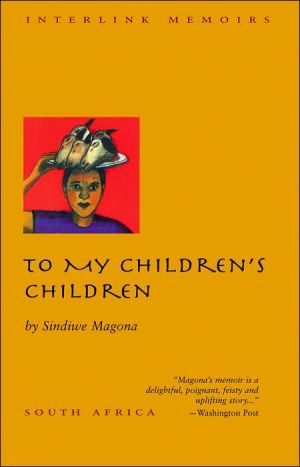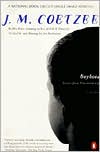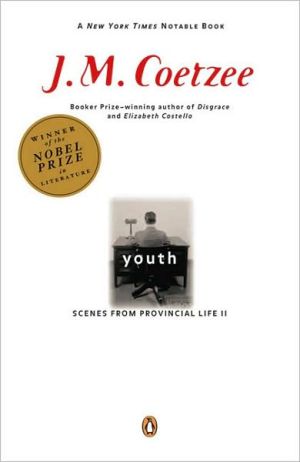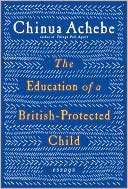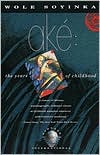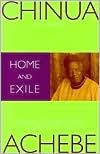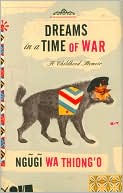To My Children's Children
This powerful and widely acclaimed autobiography of Sindiwe Magona's early years in South Africa, announced the arrival of a major new black writer. Here she gives an account of her eventful first 23 years and tells a candid, unself-pitying story of triumph and endurance in the face of hardships relentlessly reinforced by the apartheid system.
Search in google:
This powerful and widely acclaimed autobiography of Sindiwe Magona's early years in South Africa, announced the arrival of a major new black writer. Here she gives an account of her eventful first 23 years and tells a candid, unself-pitying story of triumph and endurance in the face of hardships relentlessly reinforced by the apartheid system. Washington Post Book World Magona's memoir is a delightful, poignant, feisty and uplifting story that chronicles, in a refreshing and authentic voice, what it means to attainwomanhood in a society where patriarchy and apartheid often conspired to degrade and enslave women economically, domestically, politically, traditionally, and sexually.
\ ArgusReading Sindiwe Magona's celebratory autobiography is like holding a handful of bright African beads; each tale and her telling of it is part of the treasure; you are affected and altered...It is a bold, spirited, funny book...one of the best...\ \ \ \ \ Washington Post Book WorldMagona's memoir is a delightful, poignant, feisty and uplifting story that chronicles, in a refreshing and authentic voice, what it means to attainwomanhood in a society where patriarchy and apartheid often conspired to degrade and enslave women economically, domestically, politically, traditionally, and sexually.\ \ \ Publishers WeeklyThe South Africa of Magona's grandchildren will be different from the one their Xhosa grandmother chronicles in this candid autobiography. Her vivid descriptions of Xhosa customs unfold not as an anthropologist's field study but as a memory etched from experience. Born in 1943, five years before apartheid and 15 before South Africa seceded from the British Commonwealth in order to protect its separatist laws, Magona describes a happy childhood in a traditional Xhosa village spent color-blind to race-a condition that soon changed. An unwed mother, she was forced to resign her teaching post, becoming instead a domestic servant for white families. For Magona as a child, white families were the source of treasured cast-off toys and books brought back to the village by a domestic worker. Later, white families became for her a window into a world of gross injustice. A particularly poignant passage details a closely knit group of domestics with whom Magona rode the bus to and from work. ``I was struck by the wholeness of women who, I knew, would be transformed the minute they opened the gates of the houses where they toiled. From the alert, vivacious, knowledgeable, intersting people they were on these buses, they would change to mute, zombie-like figures who did not dare have an idea, opinion or independent thought about anything, anything\ \
